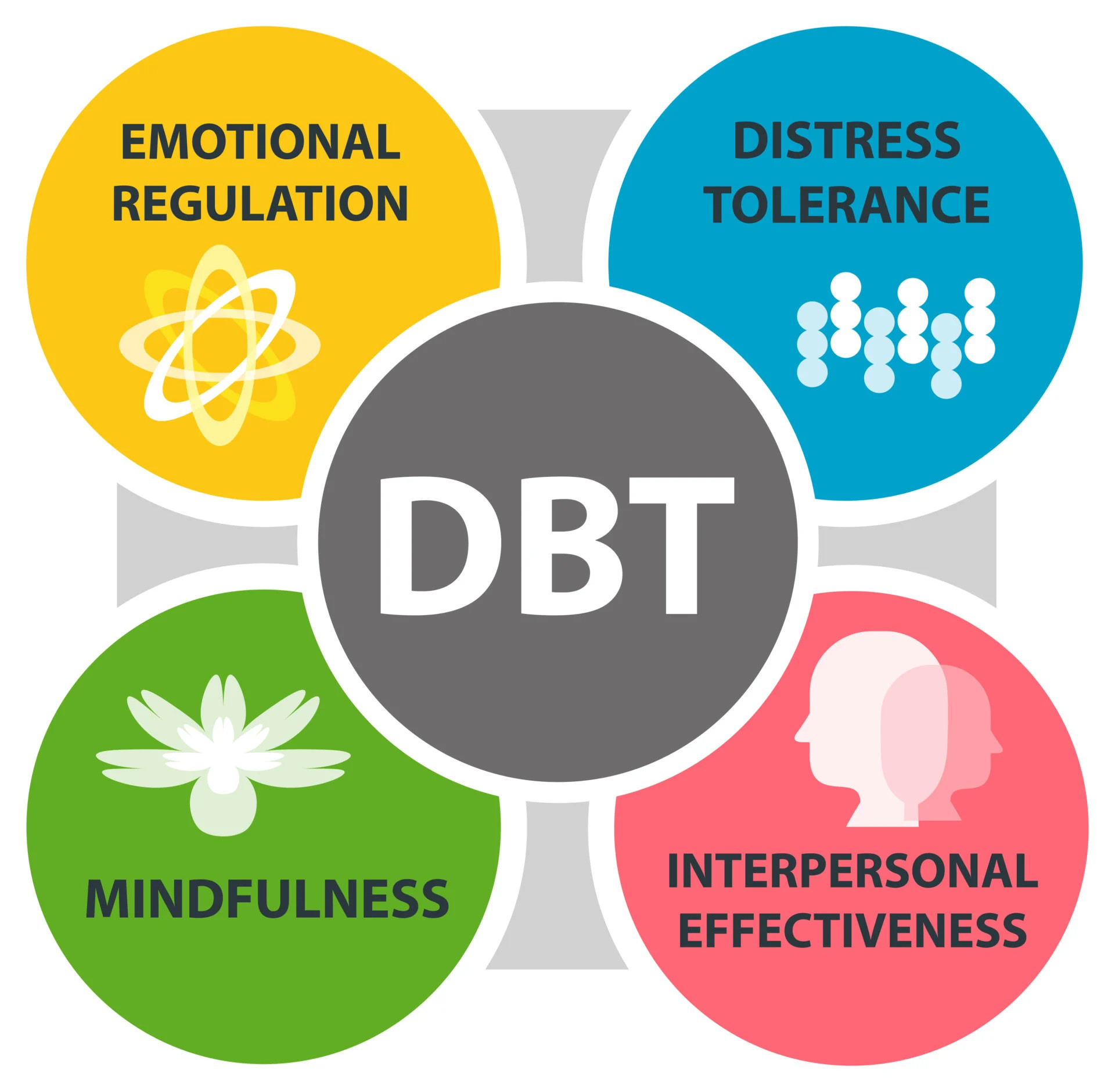Borderline Personality Disorder (BPD) has been a difficult condition to treat, but recent research has led to the development of a therapy called Dialectical Behaviour Therapy (DBT) that has shown promising results. In this blog post, we will explore what makes DBT effective and how it helps people with BPD.
What is DBT?
DBT is a therapy designed for adults with BPD and repetitive suicidal or self-harming behavior. It is a comprehensive treatment that combines individual therapy and group sessions. The therapy focuses on teaching coping skills, such as mindfulness and emotion regulation, to help individuals manage their emotions and reduce harmful behaviors.
Why DBT Works
DBT has been extensively researched and has shown positive outcomes for many individuals. While the exact reasons why DBT works are still being studied, there are a few key factors that contribute to its effectiveness.
Emotion Regulation
One important aspect of DBT is improving the ability to regulate emotions. Patients learn skills to handle distressing emotions, tolerate difficult situations, and respond in healthier ways. By developing better emotional control, individuals with BPD can reduce impulsive and harmful behaviors.
Therapeutic Relationship
The relationship between the patient and therapist is crucial in DBT. Therapists provide validation and support, creating a safe and accepting environment. This strong therapeutic relationship helps individuals feel understood and encourages their progress.
Cultivating Hope
DBT therapists actively instil hope in their patients and foster a positive mindset. By promoting hopeful thinking, individuals are more motivated to make long-term changes, especially when it comes to reducing self-harming behaviours.
Ongoing Research
Although we have made progress in understanding why DBT is effective, there is still more to learn. Most research has focused on adult patients, mostly females. Future studies should investigate if different factors contribute to success based on age, gender, or other characteristics. Additionally, ongoing research is exploring the neurobiological and genetic changes that occur during DBT, providing further insights into its mechanisms of change.
DBT offers hope for individuals with Borderline Personality Disorder. By providing effective coping skills, building a strong therapeutic relationship, and fostering hope, DBT helps people regulate their emotions and reduce harmful behaviours. Ongoing research will continue to improve our understanding of DBT and enhance treatment outcomes for a broader range of individuals with BPD and related conditions.
Please note that this blog post by Personal Psychology is not intended to provide professional advice. If you or someone you know is experiencing mental health difficulties, it is important to seek help from a qualified healthcare professional.



